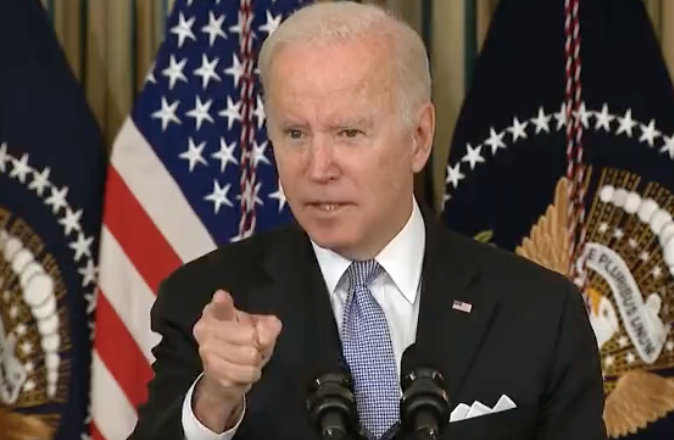Steve Forbes‘ latest column in Forbes magazine explores historical changes in America’s approach to immigration.
WE ARE AN IMMIGRANT nation unique in history, the only country that consciously invented itself rather than evolved from a mythic past. People came here not to conquer new lands for a mother country but to break from old bonds and start anew (African-Americans, forcibly brought here as slaves, being the obvious exception). Pilgrims landed at Plymouth Rock to found a community free from England’s oppression. This collective shedding of the past, combined with the extraordinary freedoms that didn’t exist in the rest of the world, enabled us to attract and assimilate peoples from everywhere more successfully than any other country in history. …
… It wasn’t until the 1920s that the U.S. imposed serious obstacles that brought immigration to a virtual halt. This turned out to be an aberration. Barriers were eased dramatically in 1965, and the number of entrants has since increased sharply.
Why have so many people turned against immigration as a positive force in American history? Forbes offers some ideas.
In recent times pressure groups have fought against the assimilation of foreigners, trying to create isolated communities in which English, even for the second generation, would be a distant second language. The purpose was political, economic and ideological. These radicals disliked the whole notion of an American melting pot. They wanted Balkanized groups whose votes, they believed, could be more easily controlled. They could then leverage that power to get tons of money from vote-hungry pols, nationally and locally. California helped put the brakes on that destructive nonsense when, in 1998, its voters overwhelmingly approved a referendum that mandated immersion teaching of English to immigrant children. It’s no surprise that these youngsters quickly learned English.
But these anti-assimilationists helped put immigration in a bad light–Americans didn’t like the idea of new comers remaining perpetually isolated.
Today the anger and opposition focus on illegal entry, security (both terrorism and crime), jobs being taken away from lawful residents and the suppression of wages, especially among unskilled workers.
After addressing each of those issues, Forbes offers some concluding thoughts.
In the future we must rationalize the system to meet the labor needs of various sectors of the economy. There are also sensible proposals out there that would deal with current illegals without giving them citizenship. We must always have room for those people–even the unskilled–who have the burning desire, as Abraham Lincoln put it, to improve their lot in life.
Our history demonstrates that it’s our unique ability to take in immigrants and assimilate them that has been crucial to our incredible record of opportunity, upward mobility and wealth creation. Immigrant success here means success for all Americans.


